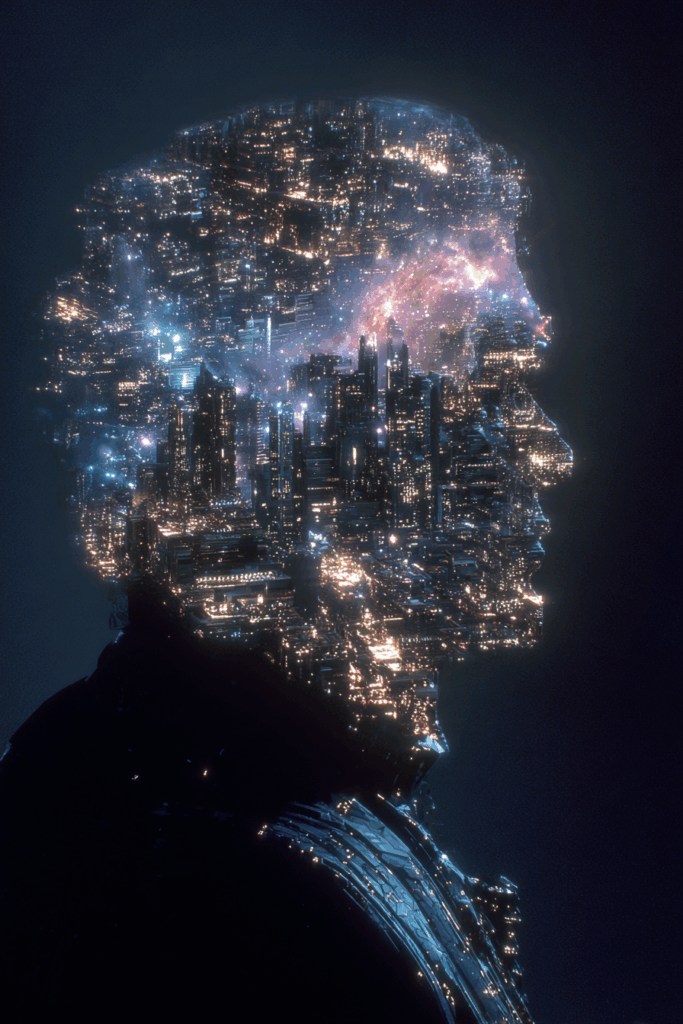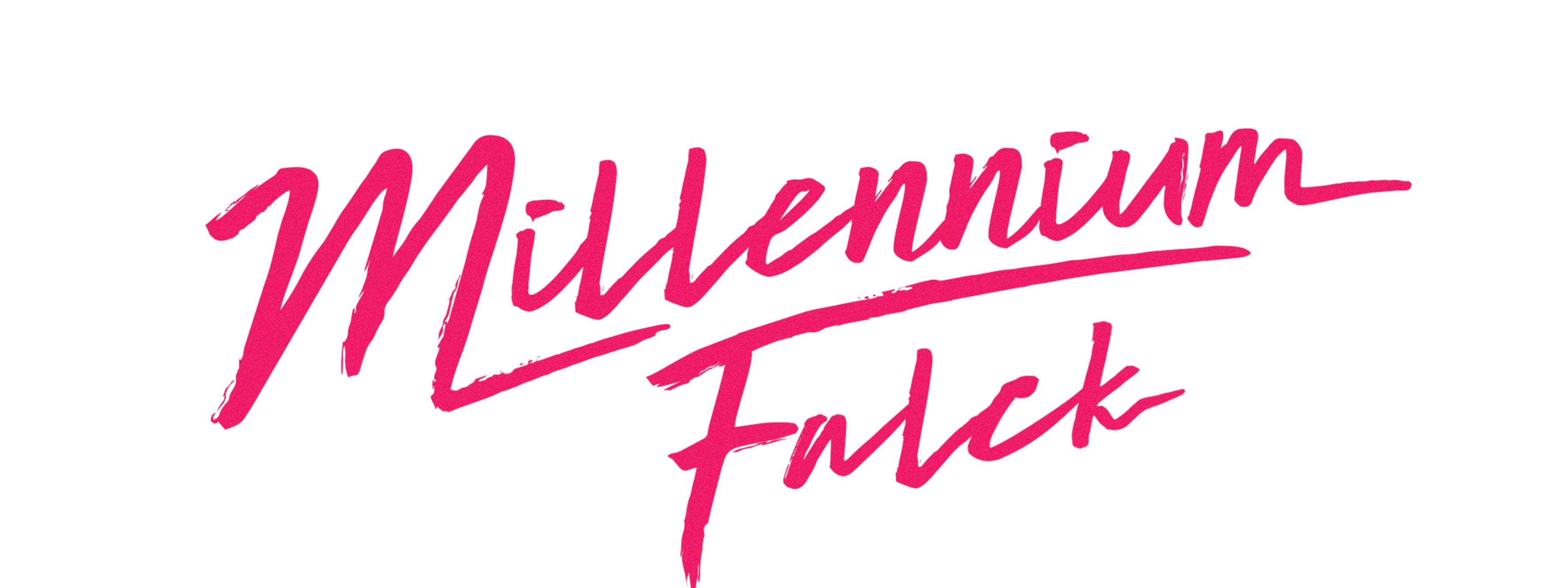
I just read an article in Helsingin Sanomat about Marko Kleinsepp, the AI musician behind Zepala, whose song “Lähetkö landelle” hit the top of Spotify’s Finland viral 50 chart. He’s released over a hundred tracks this year using Suno.ai, and according to the article, 98% of his feedback has been positive. Many listeners didn’t even realize they were hearing AI-generated music.
https://open.spotify.com/embed/artist/6O6JDR1gI0xCXyGwX5IZKY?utm_source=generator
This hit close to home.
As an artist who’s been transparent about using AI tools for years—from Emvoice for vocal generation to AI-assisted mixing and cover art—I find myself at an interesting crossroads. I use AI for writing assistance, images, videos. Yet when it comes to the music itself, the compositions, the melodies, the arrangements… I keep that sacred. All naturally composed. All human.
Why?
The question that keeps me up at night (not IRL, a metaphor)
I’ve been wrestling with this lately, especially as I watch AI-generated tracks accumulate massive streaming numbers on Spotify, going viral while listeners seemingly don’t care—or don’t even notice—that what they’re hearing wasn’t created by human hands. It raises an uncomfortable question: If our creativity can be transmutated into binary code and then translated back into a song that the average listener can’t distinguish from human-made music, is our creativity truly unique?
Who am I to judge? I’m just an artist trying to navigate these waters like everyone else. But I think we’re at a interesting moment in human history—one that forces us to confront what creativity actually means.
Where I draw the line (and I’m not sure why)
Here’s the paradox: I’ve embraced AI in so many aspects of my creative process. I’m not a purist who rejects technology. Yet when it comes to the music itself, there’s this deep, almost primal feeling that it needs to be something I created. Something where I used my brain’s own “LLM”—my life experiences, my emotions, my unique neural patterns—to conjure something that didn’t exist before.
Is this just sentimentality? Old-school thinking? Maybe. But it feels important.
The coming age of prompt engineers
It’s going to be fascinating—and maybe a little terrifying—to see where this leads. Will radio stations pivot to hiring prompt engineers instead of A&R scouts, flooding the airwaves with AI-generated content? The economics certainly favor it.
The HS article featured legal expert Anton Ylikallio’s research on AI music copyright. The situation is complex: AI-generated music can’t receive copyright protection because it doesn’t reflect anyone’s creative choices. However, the “neighboring rights” to the sound recording go to whoever is defined in the AI service. Kleinsepp notes in the article that with Suno.ai’s paid version, the subscriber gets these rights, but free version tracks remain with the service.
What this means practically: you can get streaming revenue on Spotify, but you can’t claim the copyright on the composition itself. That’s a game-changer for anyone looking to cut costs—and potentially concerning for human creators.
But here’s where I find hope: I believe people will yearn for authenticity. For live performances. For the knowledge that a real human stood in a room, felt something, and channeled that feeling into sound.
Kleinsepp himself believes we’re in a transitional period. He told HS that “bands just don’t want to say out loud how many use AI. We’re living in a transition phase, but a year from now this will already be normal.” He might be right. Maybe the next generation will embrace AI artists as readily as they stream music today. Maybe the distinction won’t matter to most listeners.
What is art, really?
Elephants in captivity can make paintings. Some pieces of art take years to create; others emerge in days. And you know what? The observer—the person who gets to see, hear, or feel the work—might not care about the process at all. Only the outcome matters to them.
Interestingly, even Kleinsepp emphasizes the importance of the human element—he writes his own lyrics and stresses the central role of humans, particularly as lyricists. It takes him anywhere from half an hour to days to get Finnish-language text to sound natural when sung by AI. There’s still a creative human directing the process, even if the execution is algorithmic.
I’m generalizing, of course. There are absolutely people who care deeply about the details, about the story behind the art. But the viral success of AI-generated tracks suggests that for many listeners, the emotional response is what counts, regardless of origin.
Why I’m not worried (and why this might be the best time to be an artist)
The numbers are striking. Kleinsepp’s “Lähetkö landelle” has over 700,000 streams on Spotify, and many of his other tracks have hundreds of thousands. The song went viral partly through TikTok, where it’s been used in over 5,000 videos. The article also mentions The Velvet Sundown, a completely AI-generated band that got a million listens before being exposed.
Social media algorithms actively help AI music succeed. As a niche genre artist, I could see this as threatening. But I don’t. In fact, I think this might be the best time to be a composer and artist.
Here’s why: The coming age of AI forces us to push boundaries. To define what art and creativity actually are. To create experiences so immersive, so deeply human, that listeners will choose our work over the fully AI-generated alternative. We get to battle for the soul of music by being more human, more vulnerable, more real than ever before.
The questions we need to ask ourselves
This is a period in humanity where we need to define ourselves and confront our relationship with creativity:
- Is creativity truly unique to humans?
- Does the process matter, or only the result?
- Can binary code capture something as ineffable as the human experience?
- What role does intention play in art?
I don’t have the answers. Nobody does yet. There’s a lot of opinions and to be honest this does touch the very foundation of what makes humans unique. But I’ve been open about my use of AI because I think transparency matters. We need to have these conversations now, before the technology outpaces our ability to think critically about it.
What comes next
Time will tell what happens. It will be interesting, that’s for sure. Maybe in ten years, we’ll look back at this moment as the great creative renaissance—when artists had to prove their worth in ways they never had before. Or maybe AI will simply become another instrument in the artist’s toolkit, no more controversial than a synthesizer was in the 1980s.
Either way, I’ll be here, making music with my brain’s organic LLM, pushing myself to create experiences that feel undeniably human. Because even if I can’t articulate exactly why that matters, something deep inside tells me it does.
And maybe that feeling—that inexplicable human intuition—is the answer itself.
What are your thoughts? I’d love to hear how you’re navigating the intersection of AI and creativity in your own work. Claude’s AI helped me to finalise this. It didn’t do this on it’s own.
